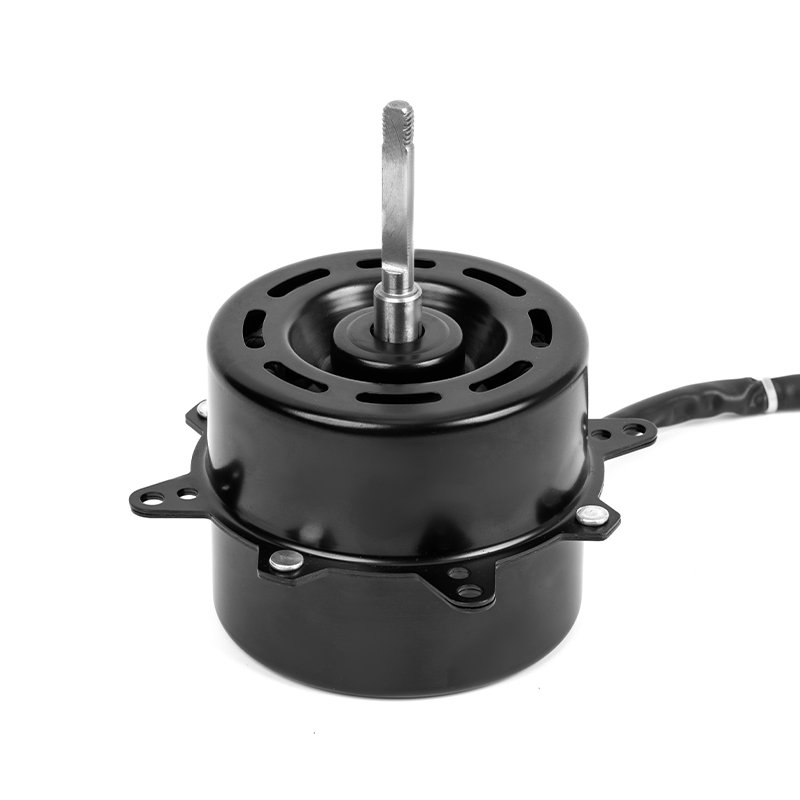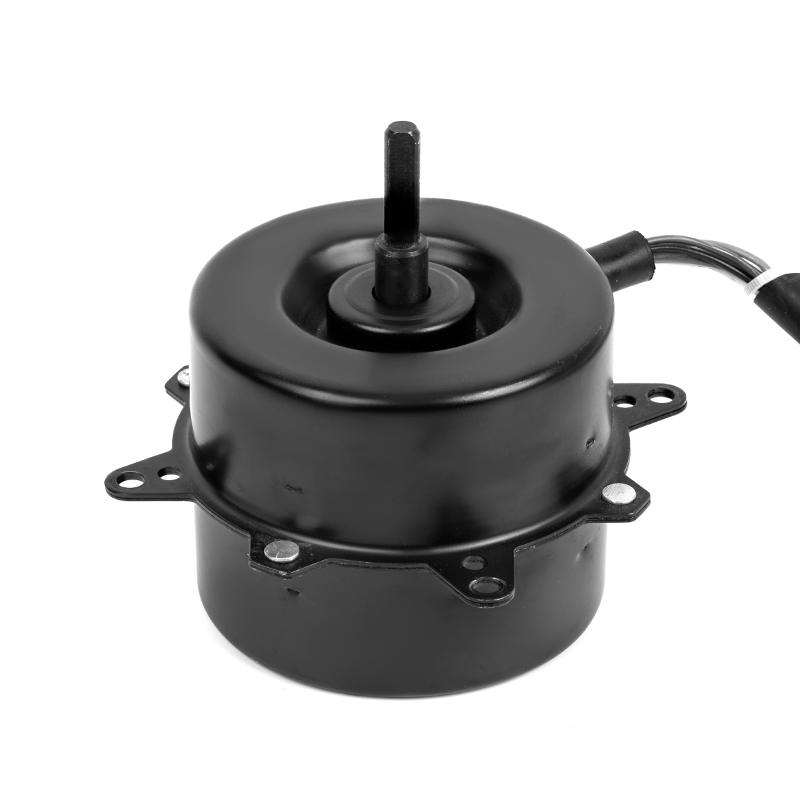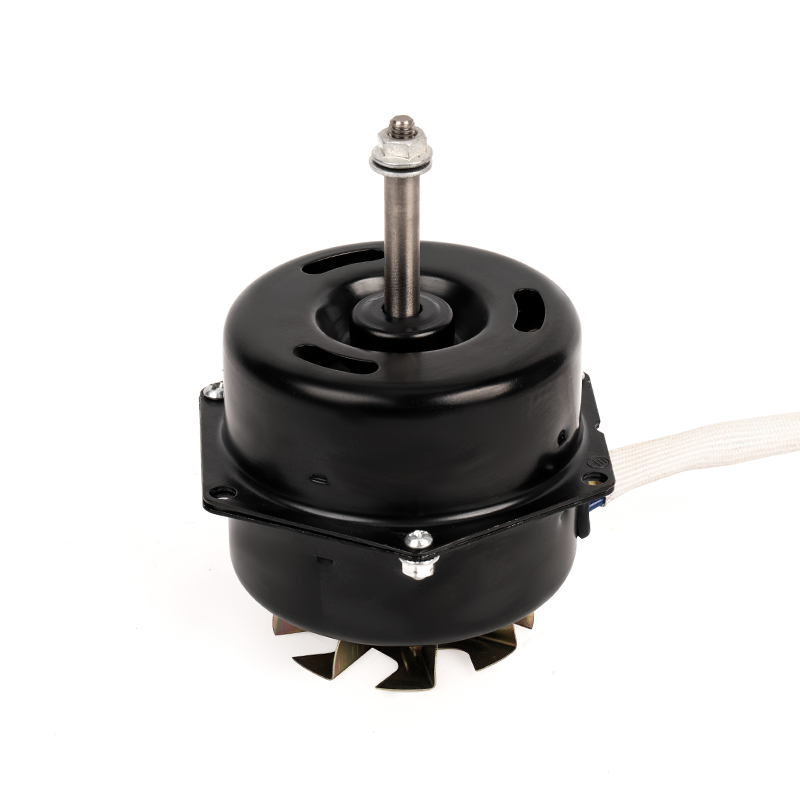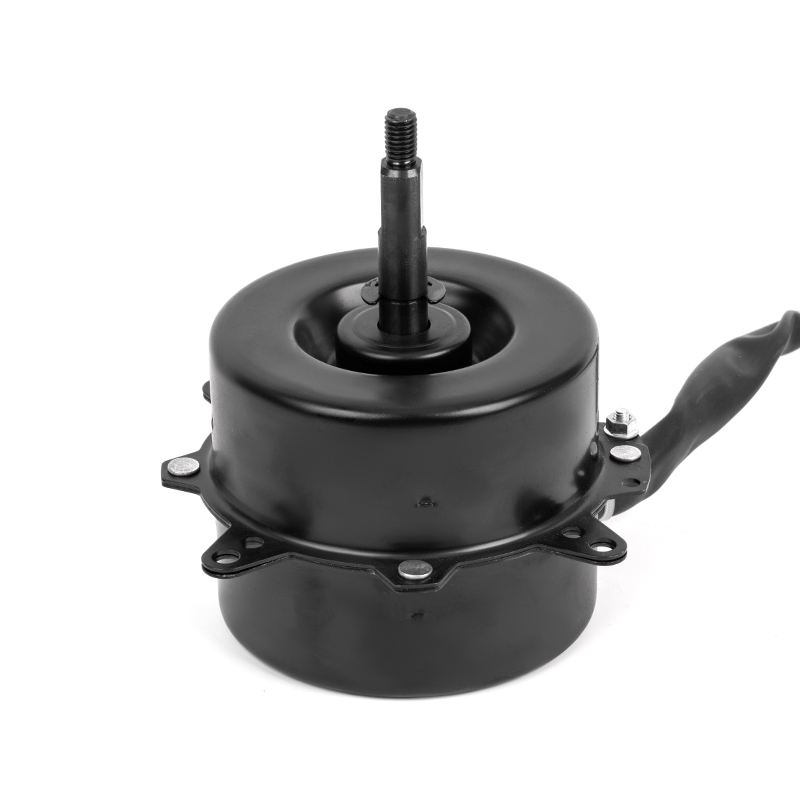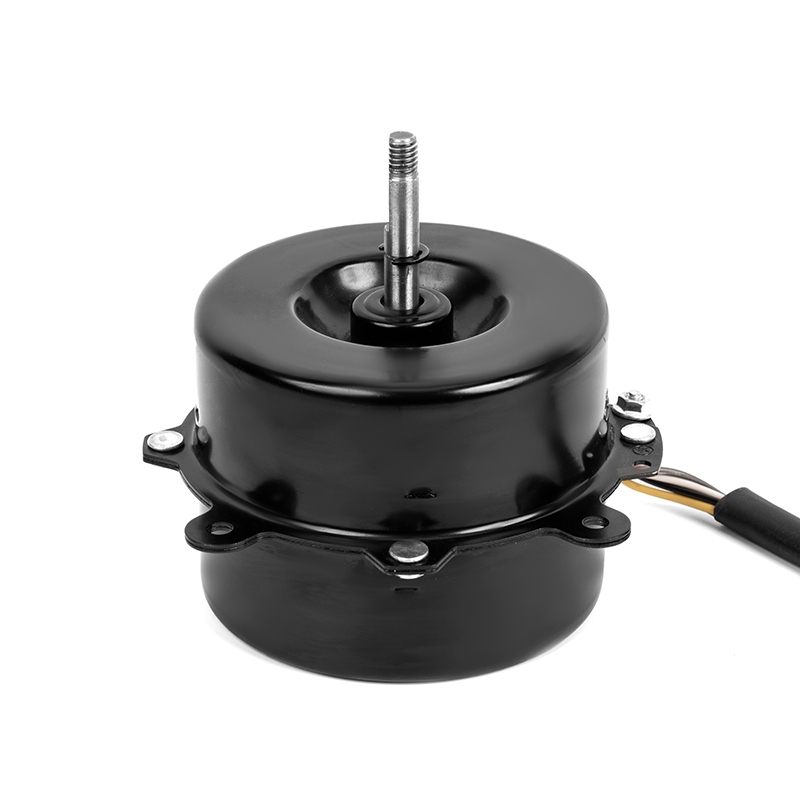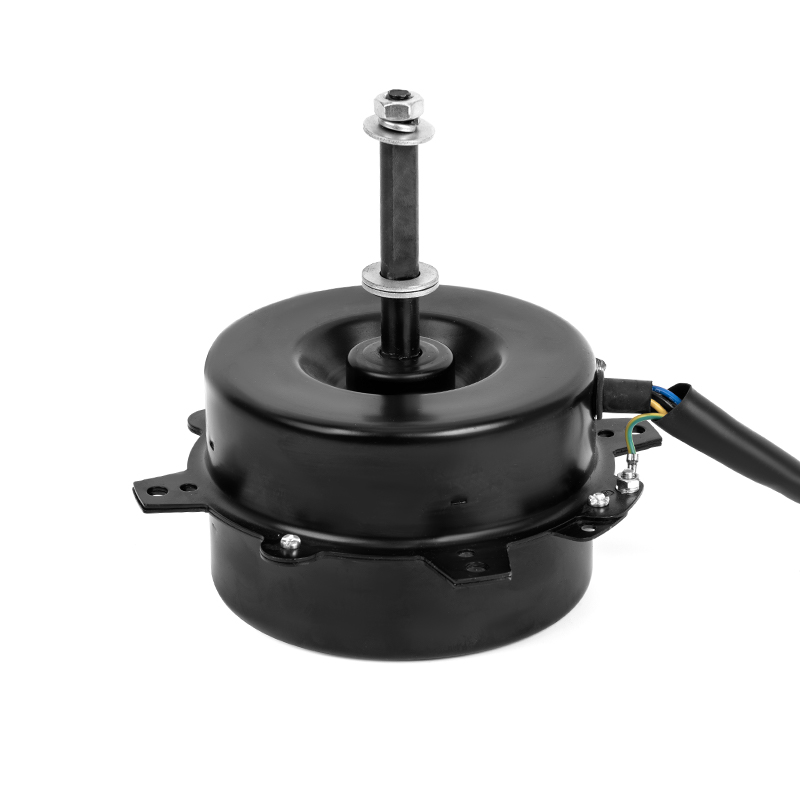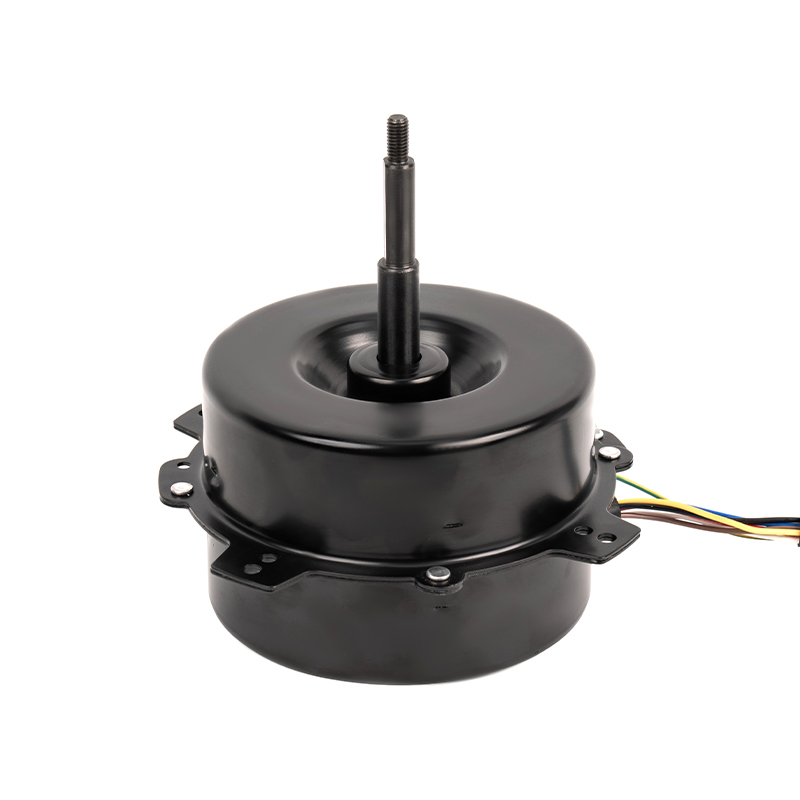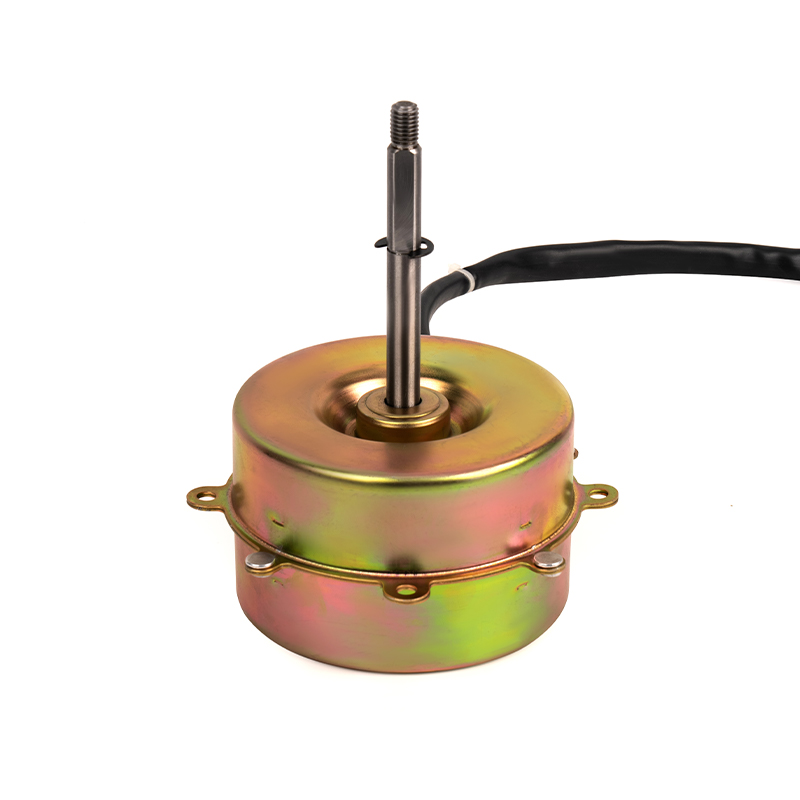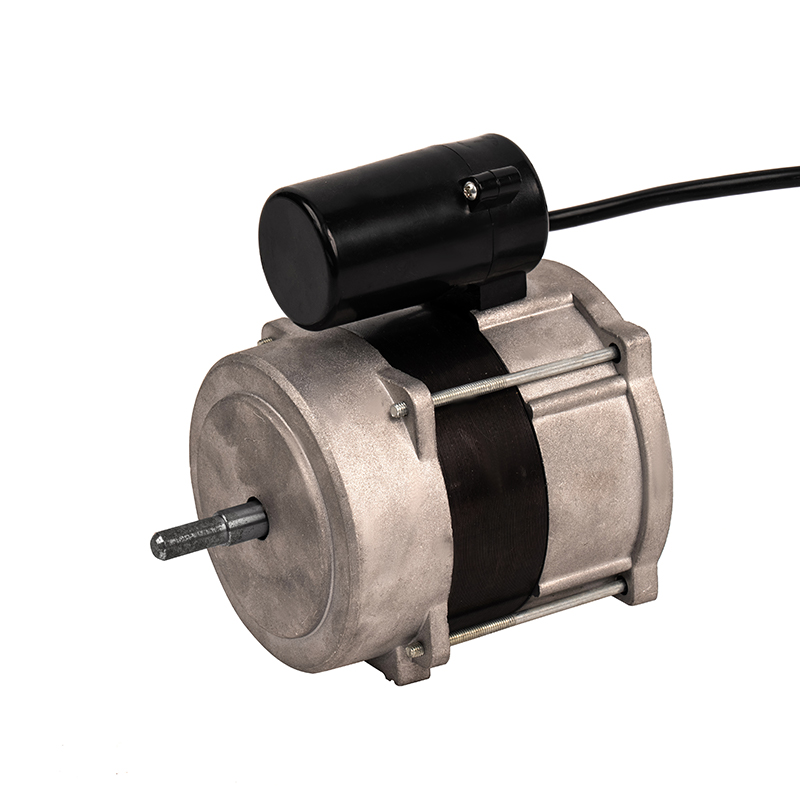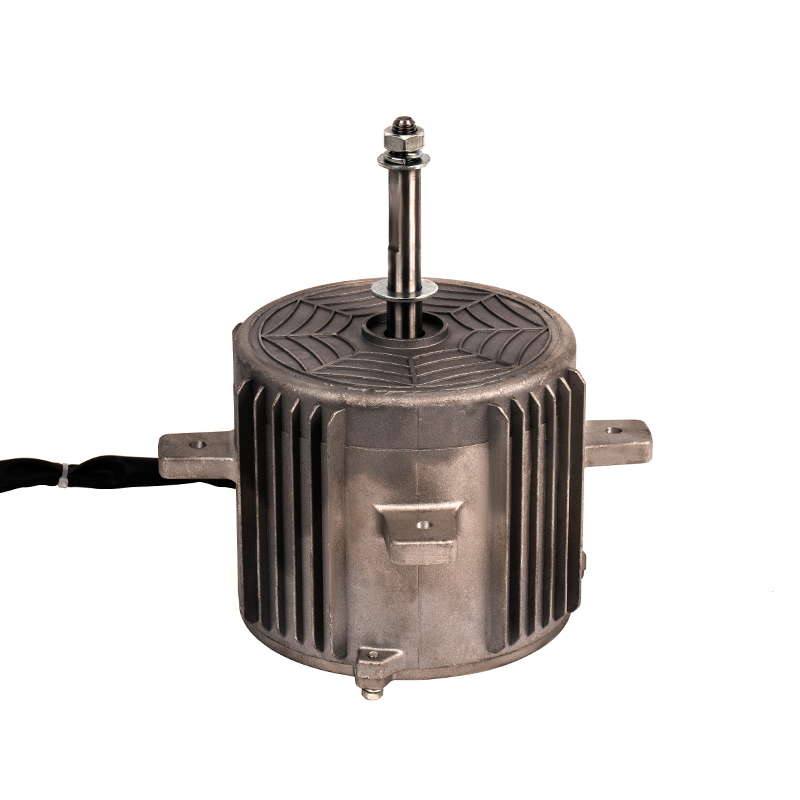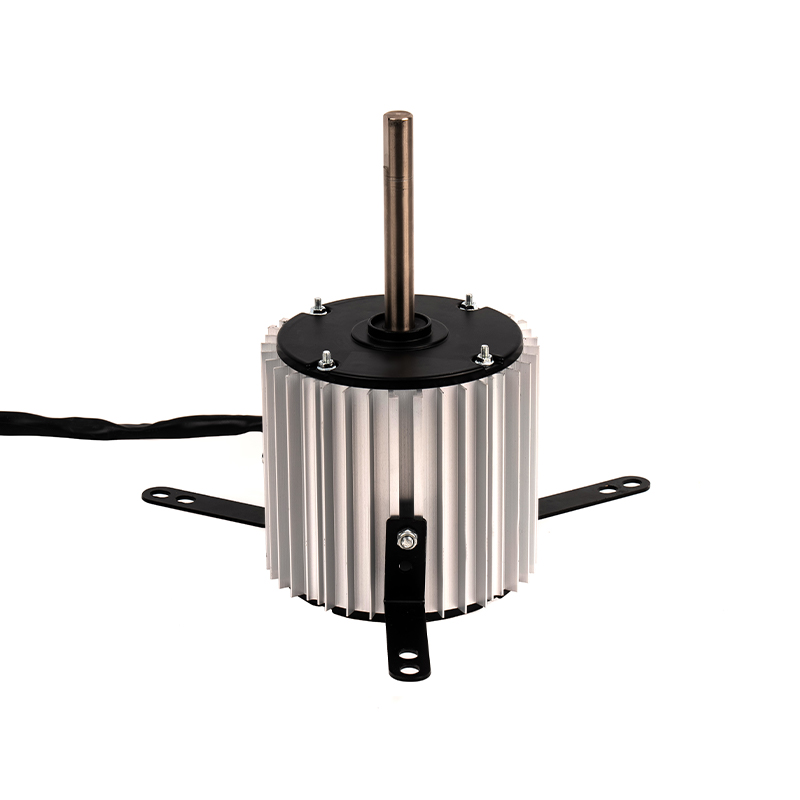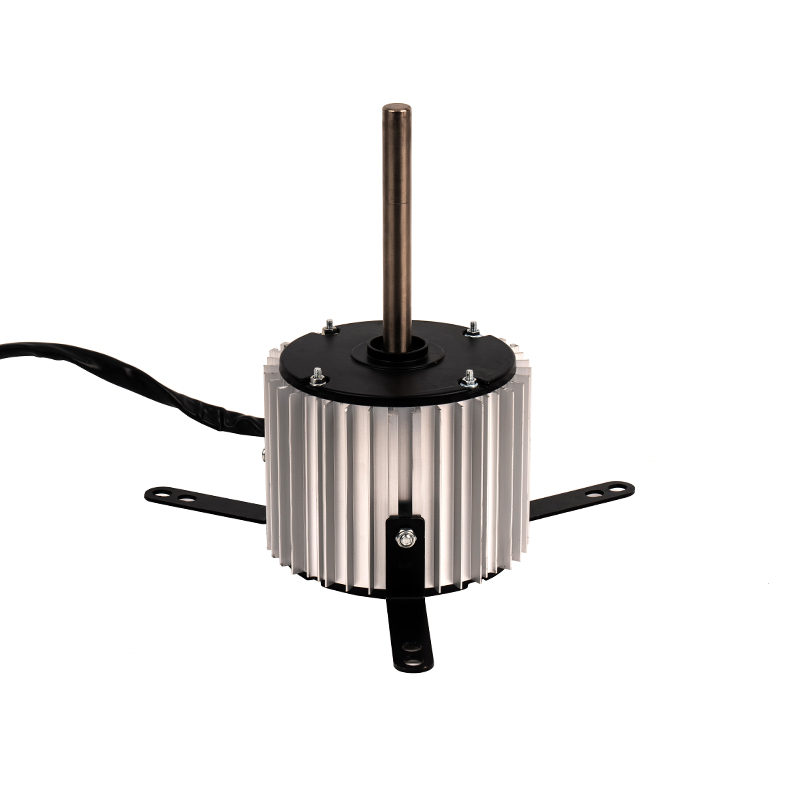Filtration Efficiency: The efficiency of air filters in an HVAC system is directly related to the performance of the Heating AC Motor. Effective motors ensure that air is drawn through filters at optimal rates, allowing for maximum capture of particulates. This process is essential for removing contaminants such as pollen, dust, mold spores, and other allergens. High-efficiency particulate air filters, for example, rely on adequate airflow to function correctly. Without the proper performance of the Heating AC Motor, these filters cannot achieve their maximum efficiency, which is critical for maintaining high indoor air quality, especially for individuals with respiratory conditions such as asthma or allergies.
Humidity Control: Heating AC Motors play a vital role in controlling indoor humidity levels. Proper humidity regulation is crucial for maintaining a healthy indoor environment. High humidity levels can promote the growth of mold, mildew, and dust mites, all of which can degrade indoor air quality and pose health risks. By ensuring that HVAC systems operate efficiently, Heating AC Motors help maintain balanced humidity levels. This regulation prevents conditions that could lead to the proliferation of biological pollutants, which are harmful to respiratory health. In environments with controlled humidity, occupants are less likely to experience issues such as mold growth or increased allergen presence.
Ventilation: Effective ventilation is a key component of indoor air quality, and Heating AC Motors are integral to the operation of mechanical ventilation systems. These motors ensure that there is a steady exchange of indoor and outdoor air, which is essential for reducing the concentration of indoor pollutants. Ventilation helps to remove contaminants such as carbon dioxide, VOCs, radon, and other harmful gases. By bringing in fresh outdoor air and expelling stale indoor air, Heating AC Motors help to dilute and remove indoor pollutants, contributing to a healthier indoor environment. Inadequate ventilation can lead to a buildup of these pollutants, posing significant health risks to occupants.
Temperature Regulation: Maintaining consistent and comfortable indoor temperatures is another critical function of Heating AC Motors. Proper temperature control prevents conditions that can lead to the proliferation of pollutants. For example, excessively warm environments can promote the growth of bacteria and viruses, while overly humid conditions can lead to mold growth. By ensuring that indoor temperatures remain within a comfortable and healthy range, Heating AC Motors help to prevent the conditions that could allow these pollutants to thrive. Consistent temperature regulation also enhances the overall comfort and well-being of building occupants, which is an important aspect of indoor air quality.
Energy Efficiency: Modern Heating AC Motors, particularly those with variable speed capabilities, operate more efficiently and can run continuously at lower speeds. This continuous operation at variable speeds, as opposed to the start-stop cycles of older motors, ensures a more consistent filtration process and better overall air circulation. Energy-efficient operation not only reduces energy consumption and utility costs but also supports the continuous removal of pollutants from the air. By minimizing the cycling on and off of the HVAC system, these motors reduce wear and tear, leading to more reliable and long-lasting performance. This reliability is crucial for maintaining high indoor air quality over time.
YPY-8040 One-Way Heater Motor, 90CM
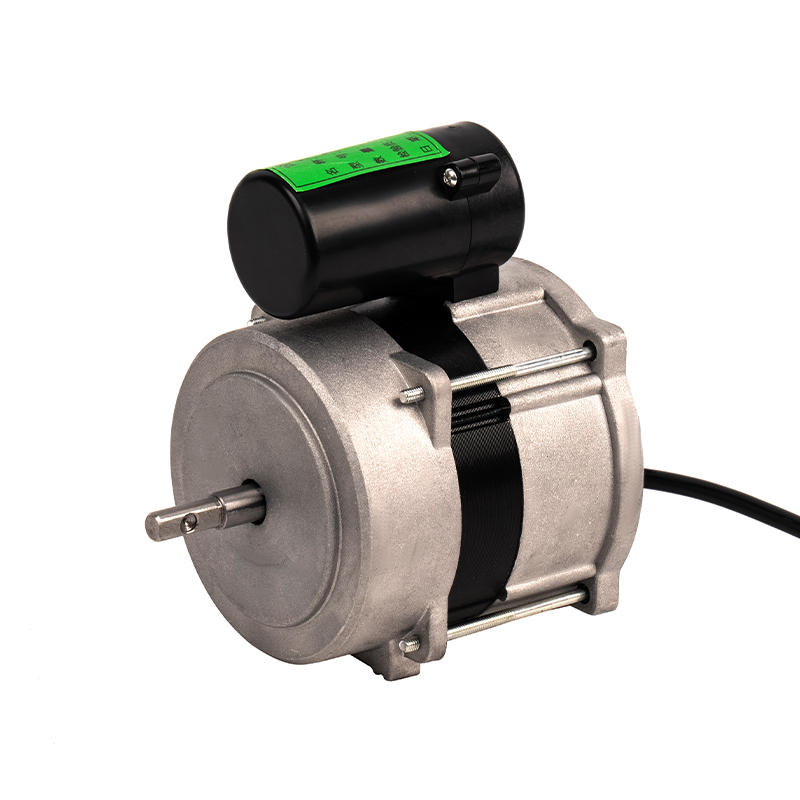



 English
English عربى
عربى ++86 13524608688
++86 13524608688